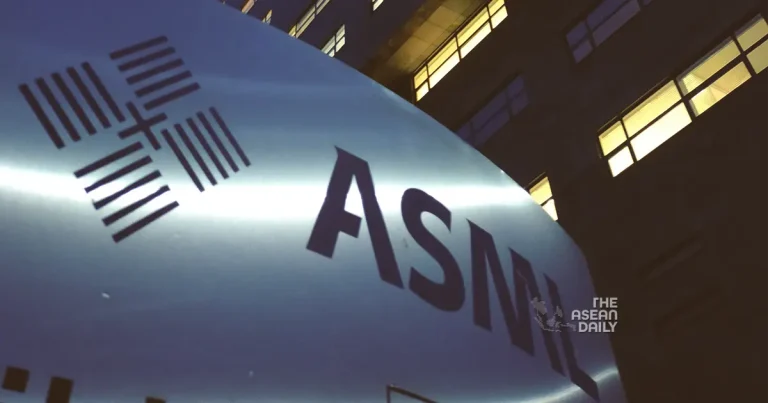7-3-2024 (AMSTERDAM) Top executives of ASML, the largest company in the Netherlands, met with Dutch Prime Minister Mark Rutte in a crisis meeting to discuss the company’s future growth plans. While the meeting did not resolve all the issues surrounding ASML’s expansion, it led to the CEO ruling out the possibility of relocating the company outside the country.
ASML, a key supplier to chipmakers globally, has expressed the need to double the size of its operations over the next decade to meet the surging demand. However, it faces obstacles to achieving this growth within the Netherlands.
Following the meeting in Rutte’s office, ASML CEO Peter Wennink acknowledged a significant gap between the concerns of the industry and the perceptions of politicians. Wennink stated that if ASML cannot expand within the Netherlands, it will explore other options elsewhere.
Currently, ASML employs 42,000 staff worldwide, with half of them based in the vicinity of its headquarters in Veldhoven, Netherlands, where the company designs and assembles its machines.
One of the major challenges for ASML is attracting foreign engineering talent to the Netherlands, which remains a pressing issue. Additionally, the company faces difficulties obtaining building permits, constraints on the Dutch electrical grid, transportation bottlenecks, and the need for plans to accommodate growth in terms of hospitals, schools, and housing.
In response to ASML’s concerns, Rutte’s Cabinet has launched “Operation Beethoven,” a campaign aimed at addressing the company’s challenges. This initiative comes after the Netherlands witnessed the departure of multinational companies such as Shell and Unilever in recent years.
However, while the government’s efforts are focused on resolving staffing issues, the caretaker role of Rutte’s government following the 2023 elections limits its ability to fully address these concerns. Anti-immigration parties made significant gains in the elections, and discussions are underway to form a new right-wing government led by populist lawmaker Geert Wilders. Additionally, parliament has approved motions to cap the number of foreign students admitted to Dutch universities and to eliminate a tax break for skilled migrant workers.
The decision to eliminate the tax break has drawn criticism from ASML, industry groups, staffing experts, and other Dutch tech employers, including chipmaker NXP. More than 40 percent of ASML’s employees in the Netherlands are non-Dutch.
In the aftermath of the meeting, Economy Minister Micky Adriaansens stated that the caretaker Cabinet is exploring alternative solutions with less impact. However, it remains uncertain whether the tax break for foreigners, which is unpopular with Dutch voters, can be reinstated.




